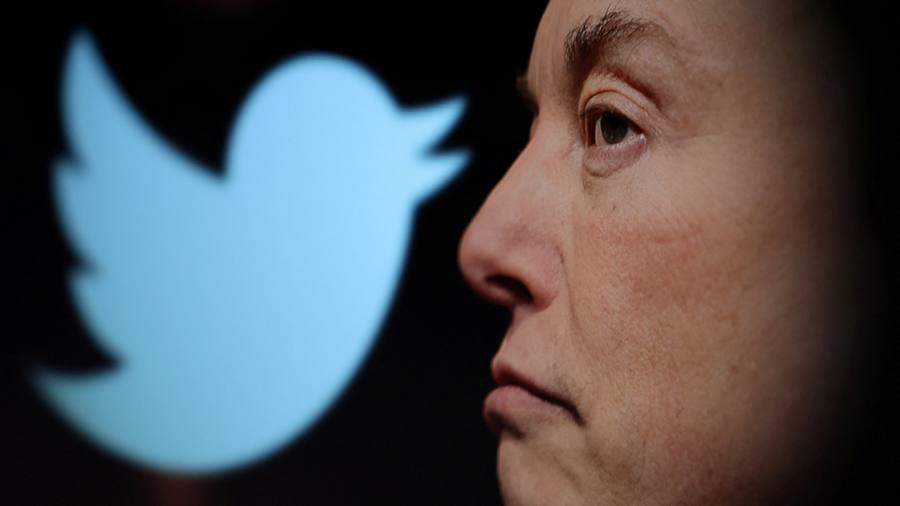
The alleged superiority of the private market is set to get its ultimate test. Elon Musk on Thursday night finally fulfilled the contract he signed in April, closing his $44bn deal to take Twitter private. The past few months of melodrama aside, the Tesla boss has consistently stated that the public Twitter was mismanaged both as a “public square” and as a commercial enterprise.
Entrepreneurs have long lamented that public shareholders — mutual funds and mom-and-pop retail buyers — are simply too myopic to allow the kind of radical change that drifting companies can require. Just this week, Mark Zuckerberg clung to his vision of turning Facebook away from social media and towards artificial intelligence. The $140bn he pledged to spend next year in capital and operating costs led to public investors wiping $86bn off of its market capitalisation on Thursday alone.
Musk’s vision for Twitter has been scattered between such ideas as loosening content moderation and creating some sort of master portal app known as X. (The electric vehicles tycoon had completed no due diligence prior to signing).
Musk later said Twitter was overrun with fake accounts and phoney user metrics. He portrayed these flaws as big enough to justify his withdrawal. On Wednesday, Musk was reduced to appealing to advertisers about how welcoming he believed that platform could be.
One feature of private markets that Musk has already mastered is heavy financial leverage. In the sunnier days of April, he persuaded Morgan Stanley and several other Wall Street banks to lend to him $13bn to supplement the $33bn in cash he and his co-investors were stumping up. Whatever creative ideas the Tesla chief executive has will have to be balanced against $1bn of annual interest costs, roughly equivalent to annual ebitda. With Snap and Facebook shares down more than 70 per cent this year, Twitter’s standalone enterprise value may currently even reside below the $13bn in debt it is now shouldering.
There will be no more quarterly earnings calls. But expect Musk to find ways to keep the world apprised of his progress. Public markets still remain ideal for realising liquidity. Before we know it, Twitter may be back with Musk peddling his shares to the rest of us.